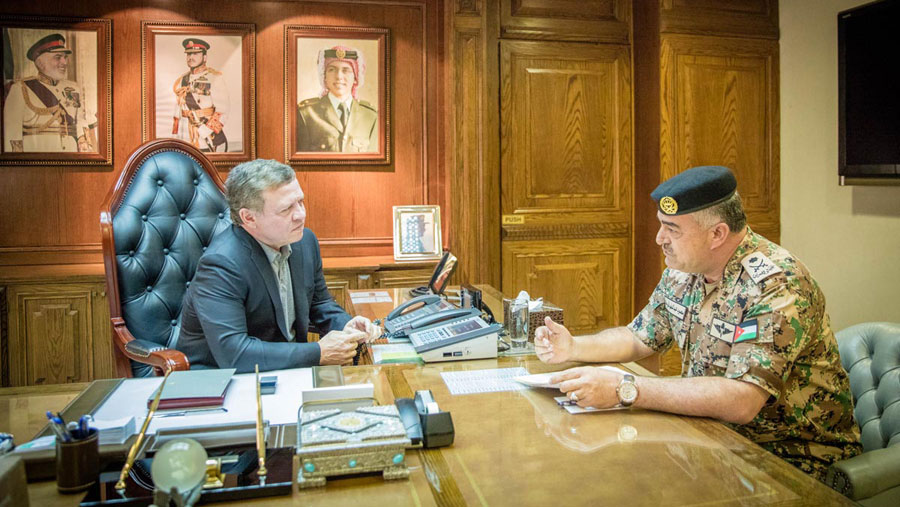AMMAN — His Majesty King Abdullah is scheduled to start a working visit to Germany on Friday, during which he will meet German President Joachim Gauck, German Chancellor Angela Merkel and other senior officials.
His Majesty’s talks will focus on enhancing Jordanian-German friendship and cooperation, as well as addressing the latest regional and international developments, according to a Royal Court statement released on Thursday.
At a ceremony to be held on Saturday in Münster City, King Abdullah, in the presence of Her Majesty Queen Rania, will receive the Peace of Westphalia Prize in recognition of his endeavours for peace and international security and stability.
The Peace of Westphalia treaties were signed and sealed in Münster and Osnabrück on October 24, 1648, according to
www.stadt-muenster.de.
They ended a battle for political and religious supremacy in Central Europe, which had lasted for 30 years and resulted in unimaginable suffering, particularly for the German population.
The Peace of Westphalia imposed international law. It was the first time in European history that a war had been ended via diplomatic channels at the negotiation table, as opposed to military action on the battlefield, the website added.
The prize, launched in 1998, has been awarded to European and international political leaders and senior figures.
HRH Prince Ali was sworn in as Regent.
